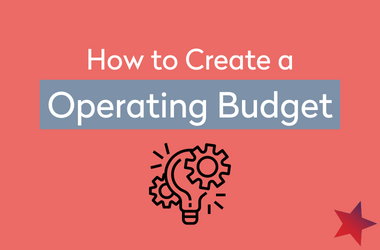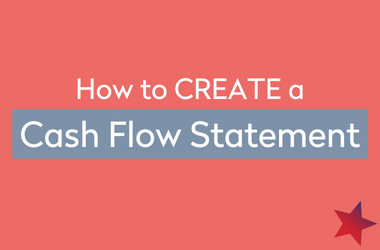Understanding a Balance Sheet
What is a Balance Sheet?
A Balance Sheet is a financial statement that summarizes the company’s assets, liabilities, and equity at a specific point in time. The Balance Sheet is an essential tool used by organizational leaders, Board of Directors, funders, and financial analysts to understand the current financial health of an organization. It is generally used alongside two other financial statements: the Profit and Loss Statement and the Cash Flow statement. Unlike the Profit and Loss Statement, the Balance Sheet takes into account the organization’s full financial picture since its establishment. A Balance Sheet is also commonly known as a Statement of Financial Position or Statement of Financial Condition.
Why is a Balance Sheet important?
A Balance Sheet provides a snapshot to what the organization owns against what is owed in order to support short or long term goals. Looking at your assets versus your liabilities, this statement reports your organization’s net worth from which you are able to evaluate if your organization is stable enough to expand or pay down any debt. For example, after review, you may decide to liquidate some of your assets in order to provide stability to the operations. An organization’s Balance Sheet provides a tremendous amount of insight into its solvency and potential business dealings.
What do I need in order to put together a Balance Sheet?
In order to effectively draft a Balance Sheet, you’ll want to first identify the date at which you want to analyze the data. Then to organize the three major sections of a Balance Sheet, list and add all of your assets, liabilities, and equity (i.e. retained earnings, net revenue). The Balance Sheet is correct if assets = liabilities + equity. To further help organize your financial activity into a Balance Sheet, Pentacle strongly recommends using an accounting software that suits your organization’s needs. This will help you build a strong infrastructure and maintain efficient and streamlined bookkeeping practices.
Pentacle remains dedicated to continuing to provide a high level of support to artists during these extraordinary circumstances. Alongside many other key and respected organizations in the field, we have begun accumulating and curating resources for artists and organizations experiencing income loss and other troubles as a result of the COVID-19 crisis. Find our list of resources here.
NEXTSTEPS | 01.13.22
Latest Blog Posts
How to Create an Operating Budget
How to Create an Operating Budget An Operating Budget in the Performing Arts An Operating Budget differs from a Project Budget in that it takes into account all of your project budgets, fundraising budgets, and general operating budgets in one report. This type of...
How to Complete a Cash Flow Statement
How to Complete a Cash Flow Statement What is a Cash Flow Statement? A Cash Flow Statement is a financial statement that tracks the movement of a company’s cash over a selected period of time. This is an all-inclusive statement because it includes the inflow and...
Determining the Right Fiscal Sponsor for You
Determining the Right Fiscal Sponsorship for YouTo get a fiscal sponsor, you will need to identify potential fiscal sponsors that align with your mission and work. Below are some things to consider. Research potential fiscal sponsorsLook for organizations with a...



